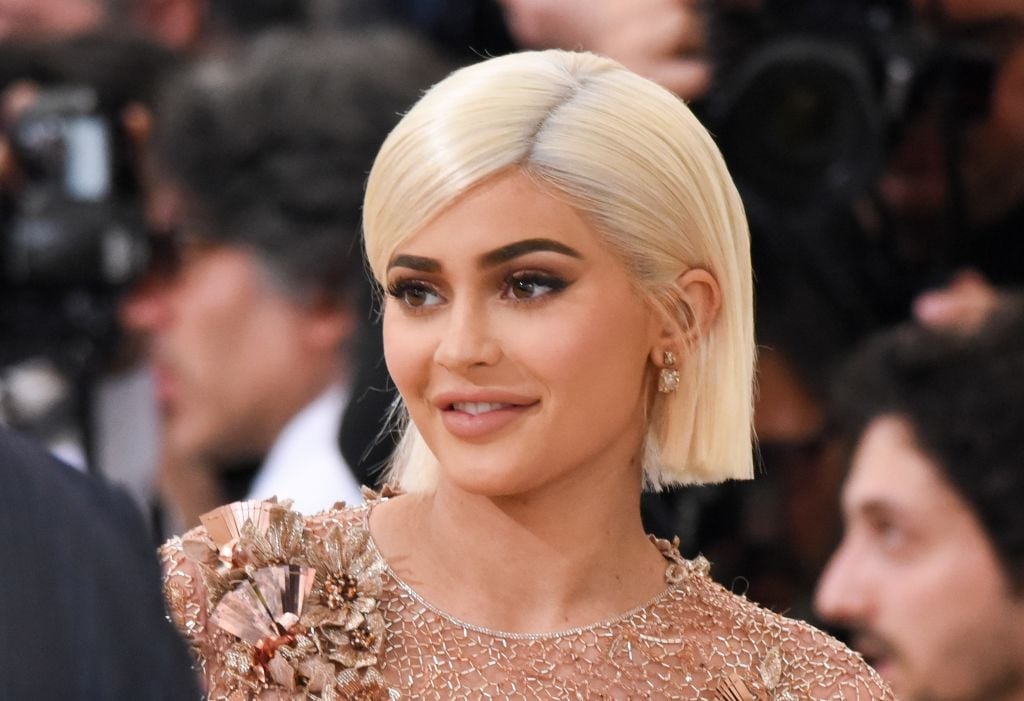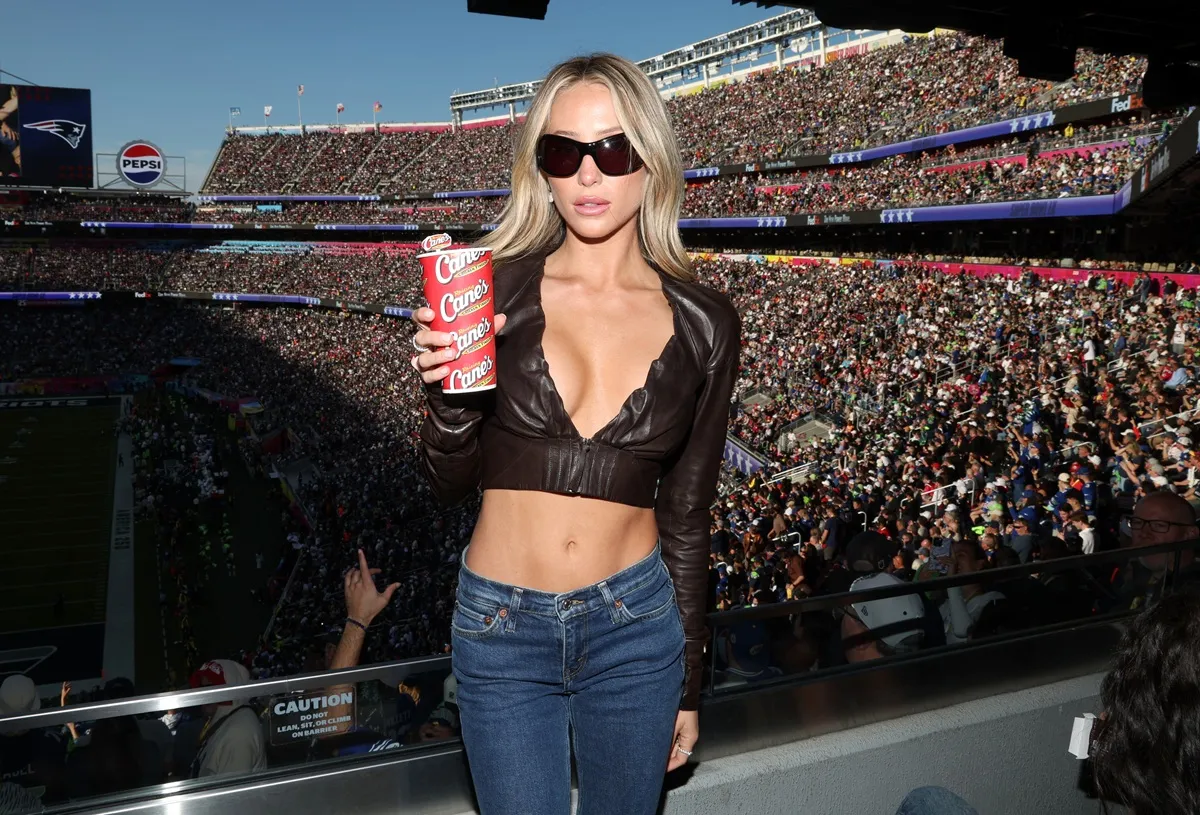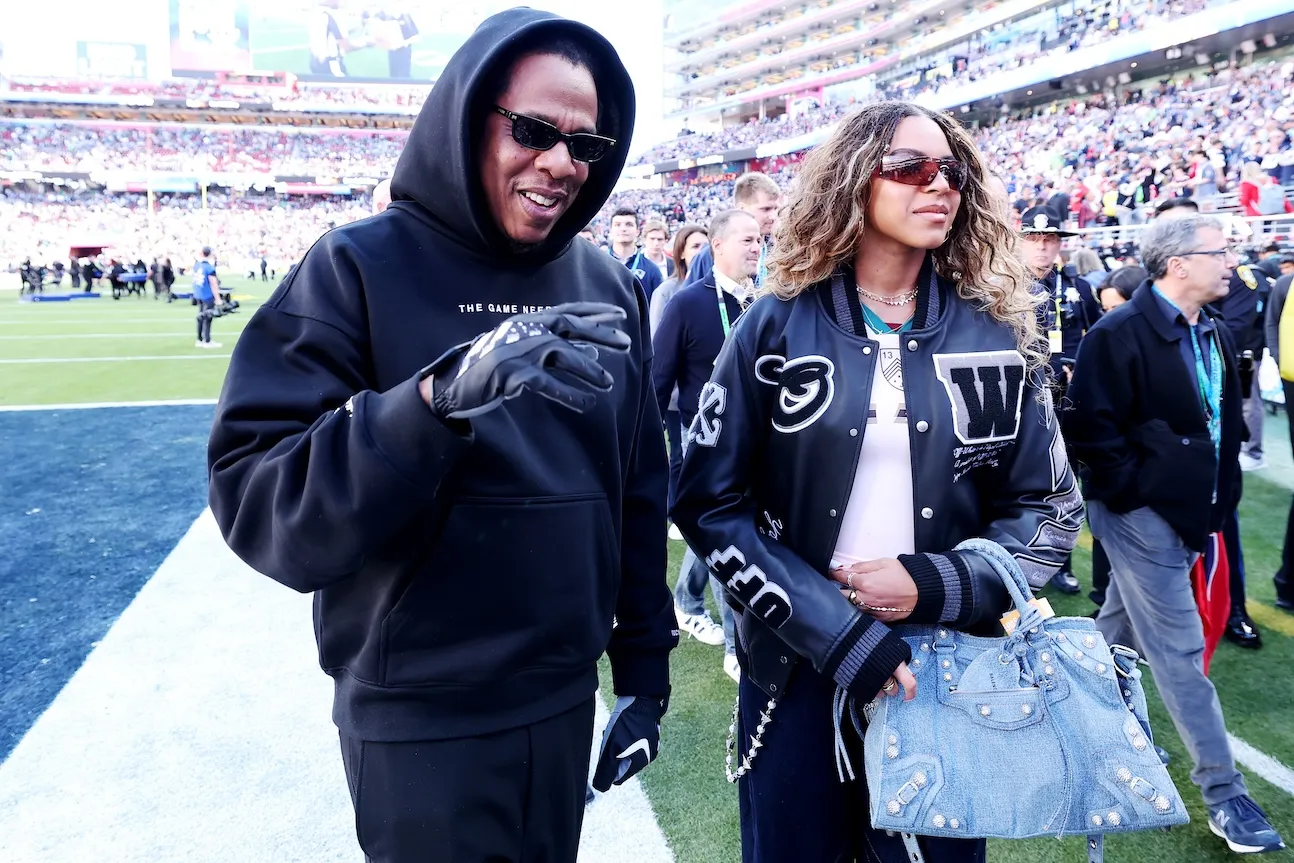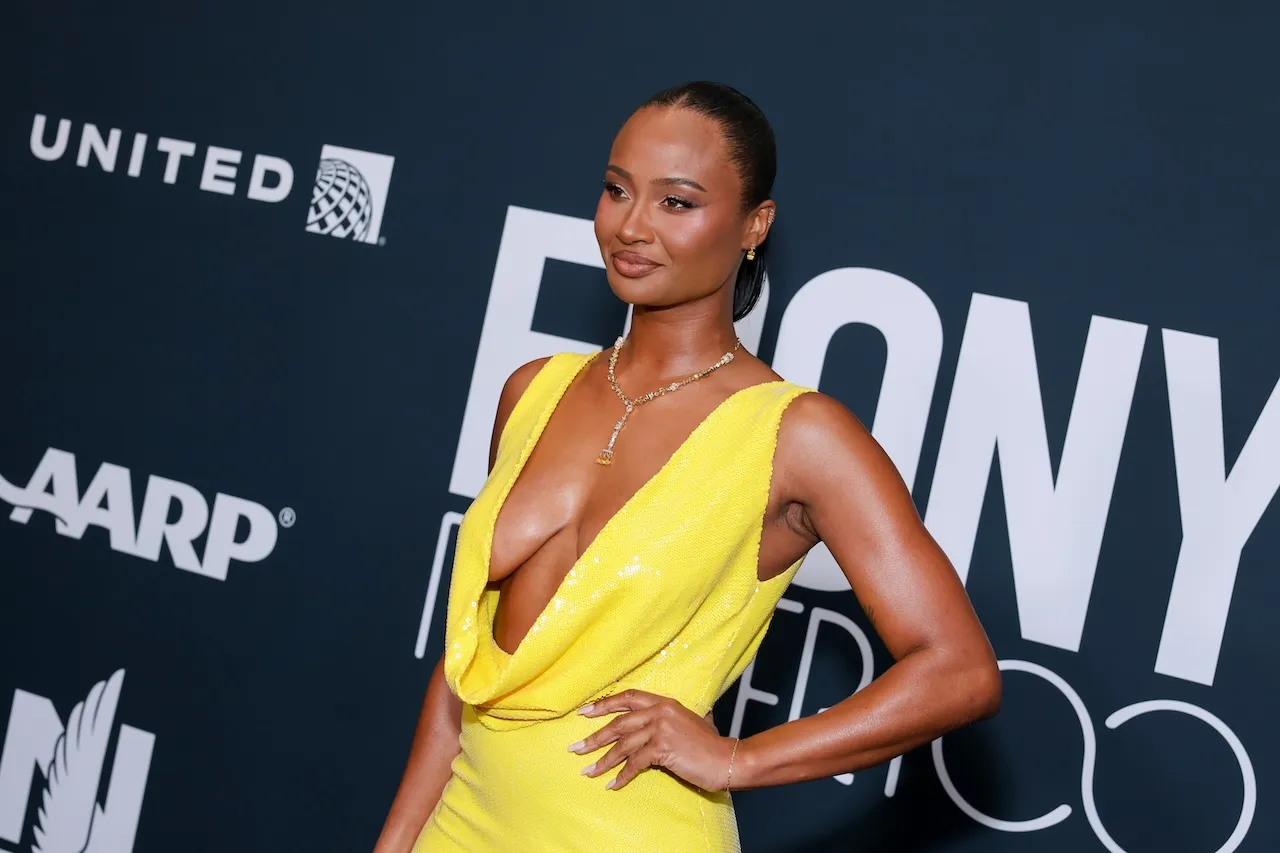Kylie Jenner Fans Are Calling Her Out for ‘Blackfishing’ After Seeing Recent Photos
You would think that after seeing her sister Kim Kardashian get dragged across the internet for her cultural appropriation of black hairstyles and the apparent editing of her photos to give the appearance of darker skin, Kylie Jenner would know better. Apparently, that’s not the case.

Jenner has brought forward her own group of critics calling her out for “blackfishing” after posting a recent picture on Instagram. Will this be the outcry that finally makes the star consider the impact of her actions, or has blackfishing just become an easy way to get headlines for the family?
This is not the first time Kylie Jenner has been accused of ‘blackfishing’
Jenner has certainly heard this criticism before. Perhaps most notably, she was called out by Hunger Games actor Amandla Stenberg after Jenner posted a picture with her hair in cornrows. Stenberg pointed out that Jenner was quick to appropriate black cultural imagery but did not use her power and privilege to help fight against racial oppression.
Later, Jenner was again in hot water after posting a picture of herself with her hair in twists. Once again, critics felt like she was using traditionally African American hairstyles as a costume, appropriating a culture without recognizing the problems with doing so.
Blackfishing is about more than hair
While some see accusations of “blackfishing” as not very serious, cultural scholars are quick to explain that it’s about a lot more than hair or clothes.
For one thing, many of the social media posts of white women posing with black features are part of their influencer status. Whether it’s a celebrity like Jenner or someone trying to break out of the pack and stand out on Instagram, many people are using their reach with followers to make money by partnering with brands.
When white people use black imagery and then connect with brands, they’re taking opportunities away from actual black people who are trying to get those same brands’ attention.
“You take away from them,” Dara Thurmond, a nurse who has been vocally against the practice explained.
She went on to explain how standards are shifting: “We’re coming into a time where you see a lot of black women really expressing themselves and stepping into their blackness, and owning it, and not being ashamed of it anymore. So it makes sense why it’s happening — because I guess some people who are white-presenting feel like they’re not the standard anymore. So now they’re trying to do things to stay relevant and keep their popularity.”
Kylie Jenner has once again angered critics
Despite her previous brushes with criticism for blackfishing, Jenner is once again in the spotlight for the practice. This time, she posted a series of photographs of herself that many see as culturally appropriative.
Twitter users were quick to point out her darkened skin and similar appearance to Beyonce. “WHY ARE YOU COSPLAYING AS BEYONCE?” one angry viewer asked.
Another added a more general statement: “You are a white woman. Stop cosplaying Black & brown women, they are not your costume.”
Other fans have compared the altered, makeup-heavy images to some recent pictures of Jenner without makeup.
One captioned the pictures with, “the way that Quarantine has turned Kylie Jenner back into a white girl” as an apparent reference to the blackfishing controversy. Some people were quick to defend her appearance as simply being different without makeup, but many are not convinced by that explanation.
It’s not simply that Jenner’s appearance is less polished when she’s makeup-free (that’s true for virtually all celebrities). The problem is that Jenner doesn’t just look more put together when she dons makeup; she looks like someone from a completely different race. It’s the appropriation of those features that have fans frustrated.


